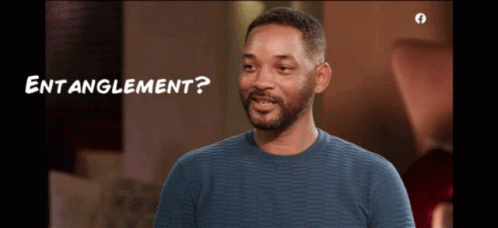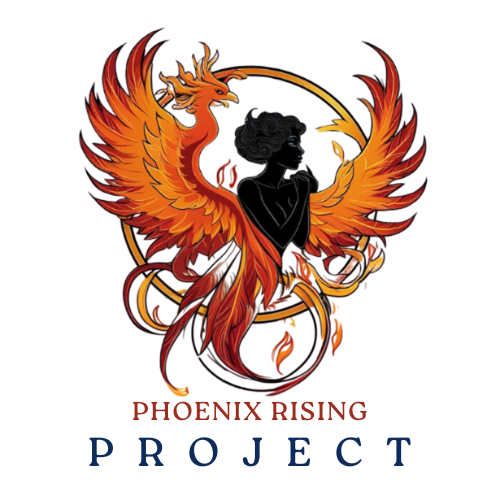On a recent Red Table Talk, Jada Pinket Smith referred to her extramarital relationship as an “entanglement”. The internet had a field day with the term and the funny memes, voiceovers, and commentary were plentiful. When I heard the word, I knew exactly what she meant. It’s a term that I (and many others) can relate to because I’ve lived an entanglement or two in my time.

An entanglement is a type of relationship that can be distinguished by being complicated, messy, unhealthy, and stagnant in nature. It’s often rooted in phenomena like codependency, trauma bonds, and empath/narcissist imbalance (empaths and narcissists are often attracted to one another and find themselves in entanglements due to the opposing dualities of their respective characters). Like tangled cords, people in an entanglement are enmeshed and drain the hell out of each other emotionally and energetically.

The interesting thing is that people in entanglements don’t always know that they are entangled. Maybe because they lack self-awareness. Or maybe they are unaware because they’ve attracted so many of these relationships that they see the distinctions as normal. If you believe that your relationship may actually be an entanglement, here are some ways to help you untangle yourself from the toxicity:
- Seek an objective third party such as a relationship coach or therapist (someone who has a deeper insight into what it means to have a healthy partnership). I recommend seeking this help independently first (consider this YOUR self-care). It’s important that you begin this process alone so that you can share and honor your experience and your truth without having to be filtered or selective in what you share. You can invite your partner later but start with you first because you will get a better understanding of your role as well as what and how you can heal yourself.
- Think back to how you may have gotten into an entanglement. Evaluate previous relationships, belief systems, unresolved feelings and thought processes, and possibly any dysfunction you’ve participated in or witnessed in the past. What stories have you told yourself about what a relationship looks like? What examples have you seen of this? What behaviors did you witness in your childhood that may have contributed to your belief systems? In the beginning, did you communicate your expectations and boundaries to your partner? What did you do when you noticed that your partner did not honor those boundaries or expectations. How have you maintained your independent hobbies, interests, friendships, and family bonds? Do you feel free? Could you have attracted this entanglement? How do you feel when you are alone vs. when you are with your partner?
- Spend time with couples who appear to have a healthy, loving partnership. Observe how they treat each other and how they support and respect one another. Ask questions about their shared vision and purpose for their partnership. How do they grow together and what makes their relationship work? How are they empowered individually? How are their basic needs met independently and in the relationship? How do they maintain emotional intimacy? How do they establish and maintain their personal boundaries? How do they take personal accountability in disagreements? How do they quell resentment? Don’t focus on perfection (trust me, there is no such thing as a perfect relationship because we are all flawed) but focus on progress and health. You may notice that the elements of your relationship are very different. Use this insight as a point of reference for deciding what you want and deserve long-term.
- Read personal development books about what it means to be whole and healthy independently (again, focus on yourself first) and in a partnership. Some great options are “Codependent No More” by Melody Beattie, “Grit” by Angela Duckworth, “ You Can Heal Your Life” by Louise Hay, “The Value in the Valley” by Iyanla Vanzant, and “Getting the Love You Want” by Harville Hendrix
- Understand that entanglements are not just exclusive to romantic relationships. You can be entangled in a work/career culture, with a toxic family, and even with fake friends you’ve known for years.
An honest and thorough evaluation is the best way to determine if you are truly in a relationship or an entanglement. If you are entangled, there is a way out. You and your partner can work to transform the dynamic of the relationship (it has to be BOTH parties, not just one of you). Or you can choose to untangle yourself by getting out of the relationship. Trust your instincts. Practice emotional and mental self-care. Pour energy and effort into healing your own wounds and twisted belief systems. Protect your peace. Don’t be afraid to rock the boat. You are worth it!


Recent Comments